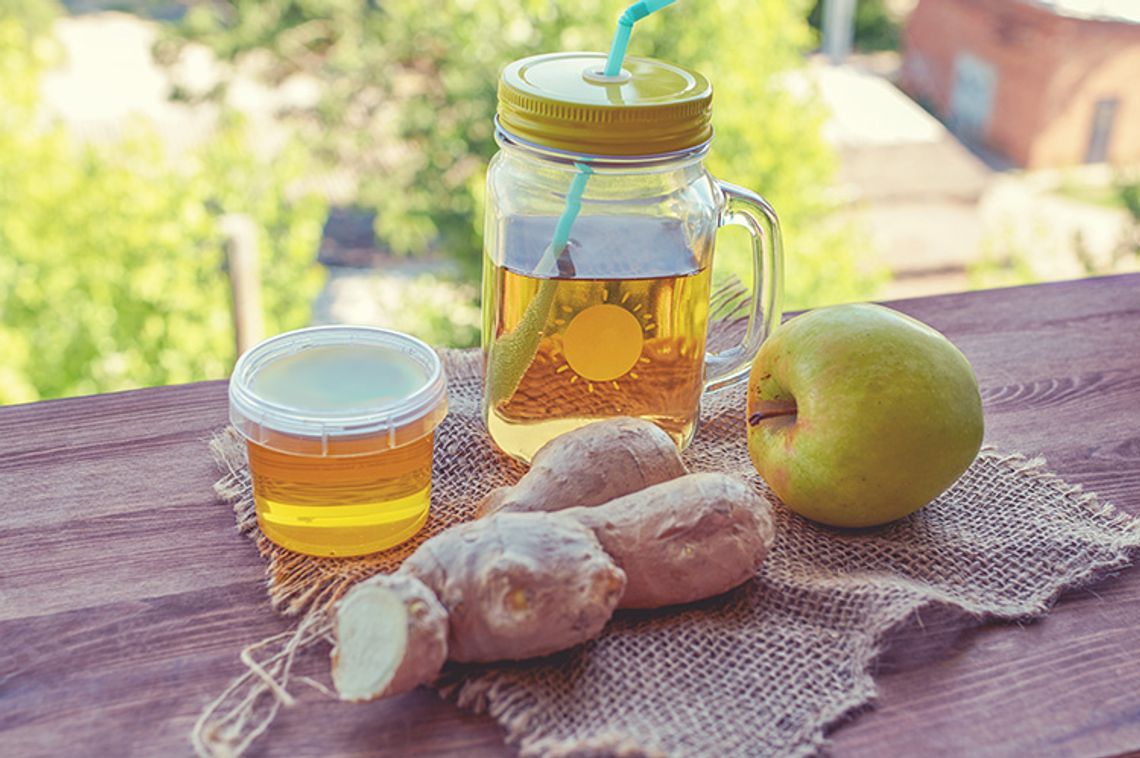I completed a job application this last week in which I was asked to describe my favorite kind of food along with an explanation of why. This is a question that I am regularly asked when people find out about my background in culinary arts. There is a bevy of related questions. What is your favorite kind of food to cook? What is your favorite thing to eat? Where do you go to eat when you visit (insert a place)? Every time I am asked one of these questions I answer differently. This time, I wrote about beans. But as I ruminated on the question a little bit more, I decided that I like to make things that have an interesting story.
Back in 2018, I got excited about shrubs. The American version of shrubs dates back to 17th-century England. Shrubs are a way to preserve fruit harvested during summer to enjoy throughout the winter season, a tactic to enjoy tasty things in a world without refrigeration. To make a shrub, all you need to do is combine equal parts of a fruit or vegetable, some kind of vinegar, and a sweetener in a mason jar, shake it hard until the plant matter is muddled, and the sugar is dissolved, then let sit for a bit for the flavors to meld. The vinegar brings a delightful tartness to the beverage, which can be consumed straight or mixed with other ingredients. The tart flavors stimulate salivation which makes shrubs an effective way to quench a deep thirst.
There are many benefits to a daily dose of vinegar. Acetic acid can help you digest food more effectively, reducing bloating. When you add vinegar to your diet, you make your stomach environment a bit more acidic which helps with nutrient absorption and helps you feel full for a longer period. Vinegar can even help alleviate the symptoms of heartburn.
Vinegar is an ingredient in several other tasty concoctions beyond shrub syrups. Oxymel is a combination of raw apple cider vinegar, medicinal or culinary herbs, and raw honey. The Great Basin Apothecary is a great place to go if you want to learn more about oxymels and taste one for yourself.
While shrubs are for preservation and oxymels are medicinal tonics, the thirst-quenching height-of-the-summer vinegar-based beverage of choice for 17th-century Americans was Switchel. Also known as Haymaker’s Punch, Switchel is a lightly fermented beverage that originated in the Caribbean and took root in the American colonies. By the end of the 19th century, Switchel had found its sweet spot as the preferred drink to serve to farmers at hay harvest time.
Haymaker’s Punch
Ingredients:
- 2” chunk of organic ginger - scrubbed, unpeeled
- 1 lemon, zested, halved, and juiced
- ⅓ c raw apple cider vinegar
- ¼ c maple syrup, honey, or molasses
- 2 c moderately hot water
Directions:
- Finely chop or grate the ginger and add to a 2-quart mason jar.
- Add the lemon zest and juice, apple cider vinegar, sweetener, and warm water to the jar.
- Screw the lid on tightly and shake vigorously. You will want to continue shaking until the sweetener is fully dissolved and you have created a frothy tornado of ginger and lemon zest.
- Loosen the lid a little and let the jar sit at room temperature for 24-36 hours. This time will allow the yeast that naturally occurs in the honey and ginger an opportunity to ferment a bit to add some fizz.
- Strain your Switchel into a clean jar or a Grolsch-style bottle and store it in the refrigerator for up to a month.
- To drink, combine half of a glass of the Switchel with soda water, seltzer, or tonic along with lots of ice.










Comment
Comments